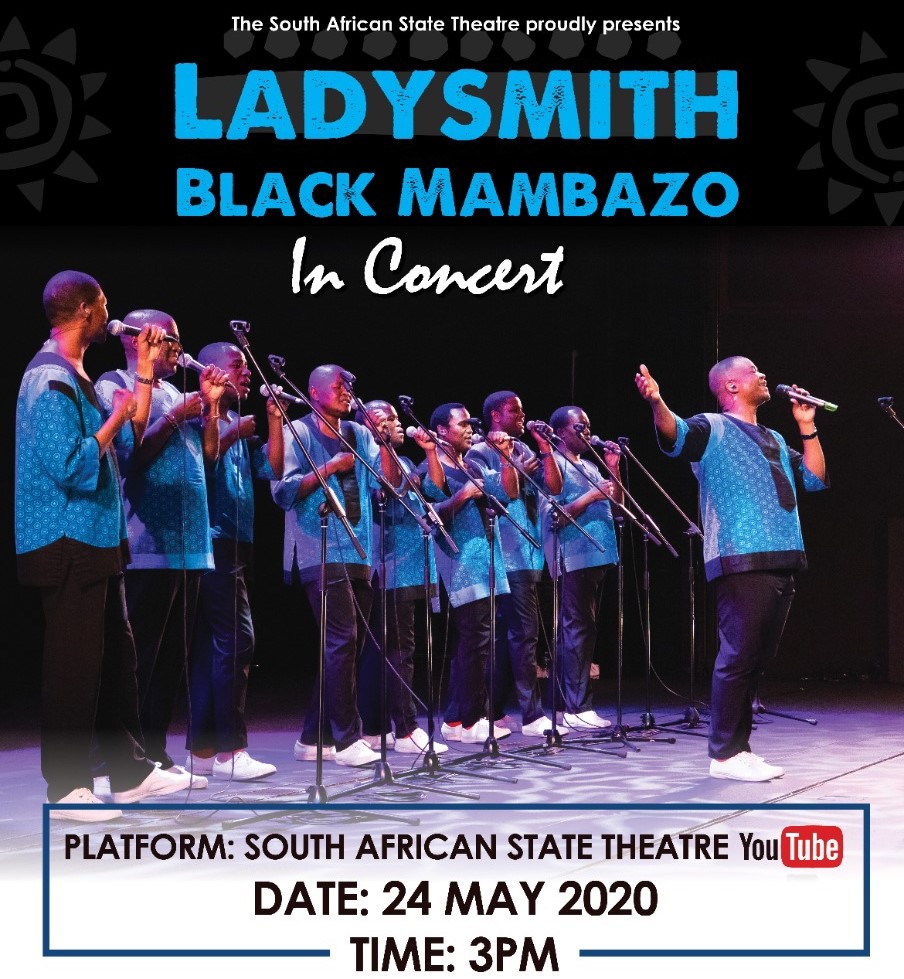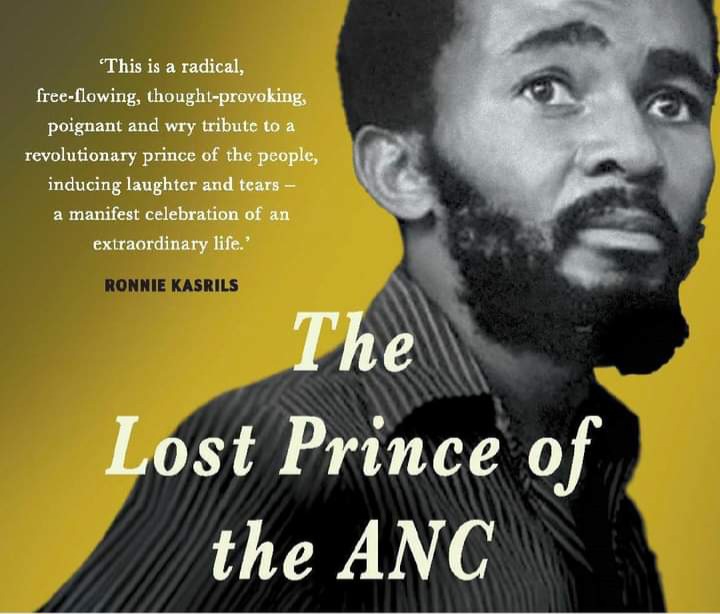In order to sustain their livelihoods, individuals engage in daily activities, striving to attain their personal ambitions and contribute to societal progress. However, the prevailing racial, patriarchal, and capitalist structures limit access to resources and opportunities, resulting in an unequal distribution. This scarcity drives people to compete amongst themselves rather than collaborate, fostering a divisive mindset. This imbalance disrupts the harmony between individual and collective values, causing an excessive focus on personal advancement.
Throughout history, racism and patriarchy have been exploited by certain groups, using exclusionary tactics to secure advantages. This drive for opportunities and resources has deep historical roots, evident in events like the Anglo-Boer War and World Wars, where access to resources fueled conflicts among different factions.
Undoubtedly, competition for individual advancement is another aspect that often goes unacknowledged. This form of competition is endorsed and normalized across various spheres, from education to workplaces. Schools encourage competition by praising top achievers, inadvertently fostering a mentality where peers are seen as rivals rather than potential collaborators. This mindset dictates that one must outshine others to access opportunities and resources, perpetuating a cycle of rivalry.
This competitive lifestyle creates an unfortunate detachment between individuals and the community. Strangely, it prompts drastic actions, as people view each other as obstacles to their own progress. Instances of individuals resorting to extreme measures, even violence, to secure jobs and promotions have become alarmingly commonplace. Simphiwe Dana's words encapsulate this phenomenon: "We violate each other because there is not enough space for all of us on the podium."
The intense competition for limited resources and opportunities, as explored here, has led to a decline in humanity's moral fabric. Acts of compassion and goodwill have dwindled as individuals undermine each other in their pursuit of success. Some individuals resort to harming others, even fatal actions, in order to secure resources and opportunities. While inexcusable, this trend underscores the impact of a system inherently characterized by racial, patriarchal, and capitalist inequalities.
To counter this unhealthy competition, a profound anti-racial, anti-patriarchal, and anti-capitalist revolution is imperative. The mere existence of affirmative actions like Black Economic Empowerment and Gender Quotas doesn't guarantee equal access. Attempts to assimilate marginalized groups into the existing system merely exacerbate competition for limited resources. True transformation requires a revolution that challenges the status quo, reshaping opportunities and resources for all. Neither affirmative action nor individual advancement alone can uplift the oppressed – only a revolution can accomplish that goal.
Authored by Menzi Mthethwa in his personal capacity. Menzi is pursuing a Master of Social Sciences degree at UKZN.

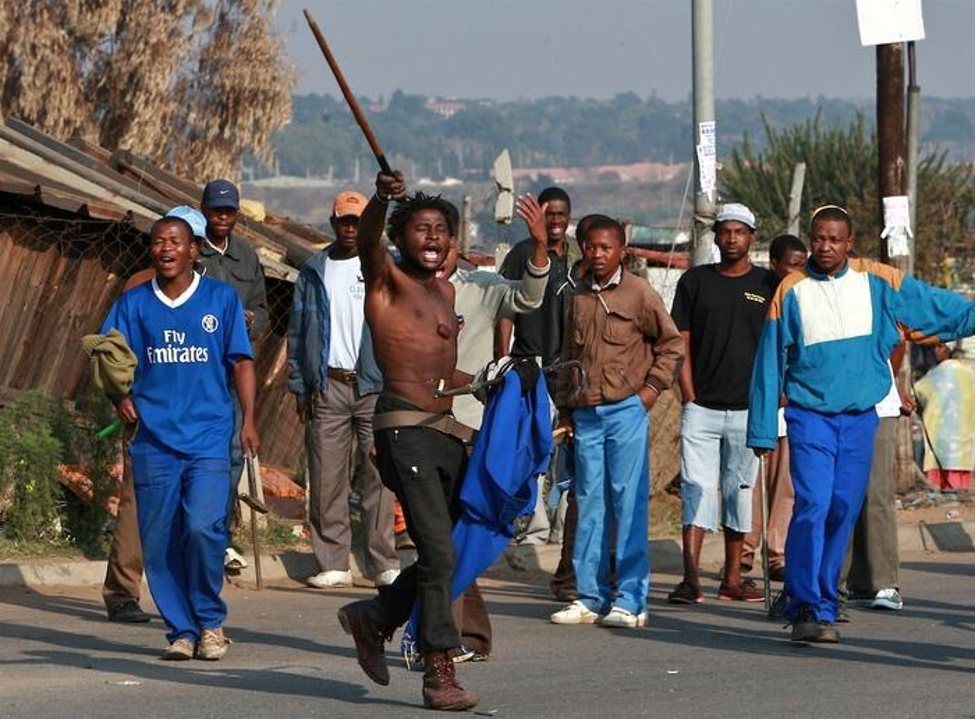
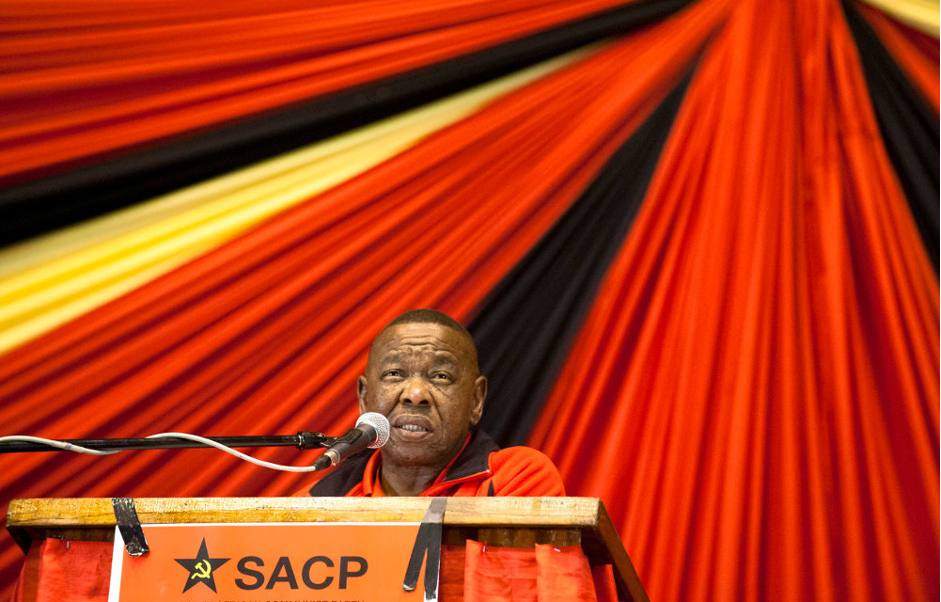
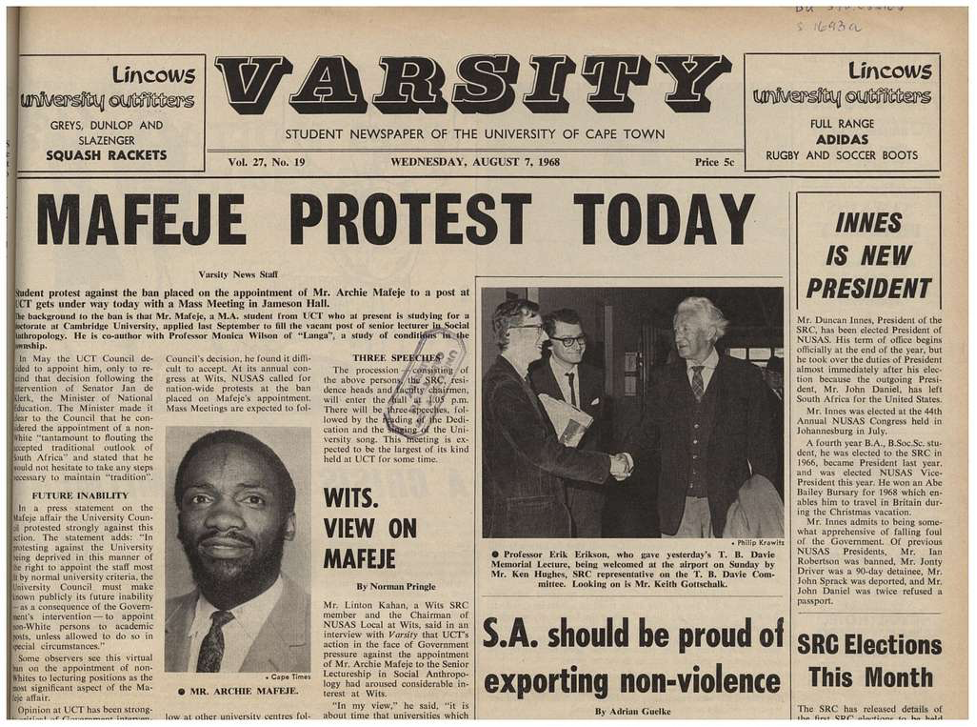


![1976 [Part2]](assets/images/1976.jpg)

